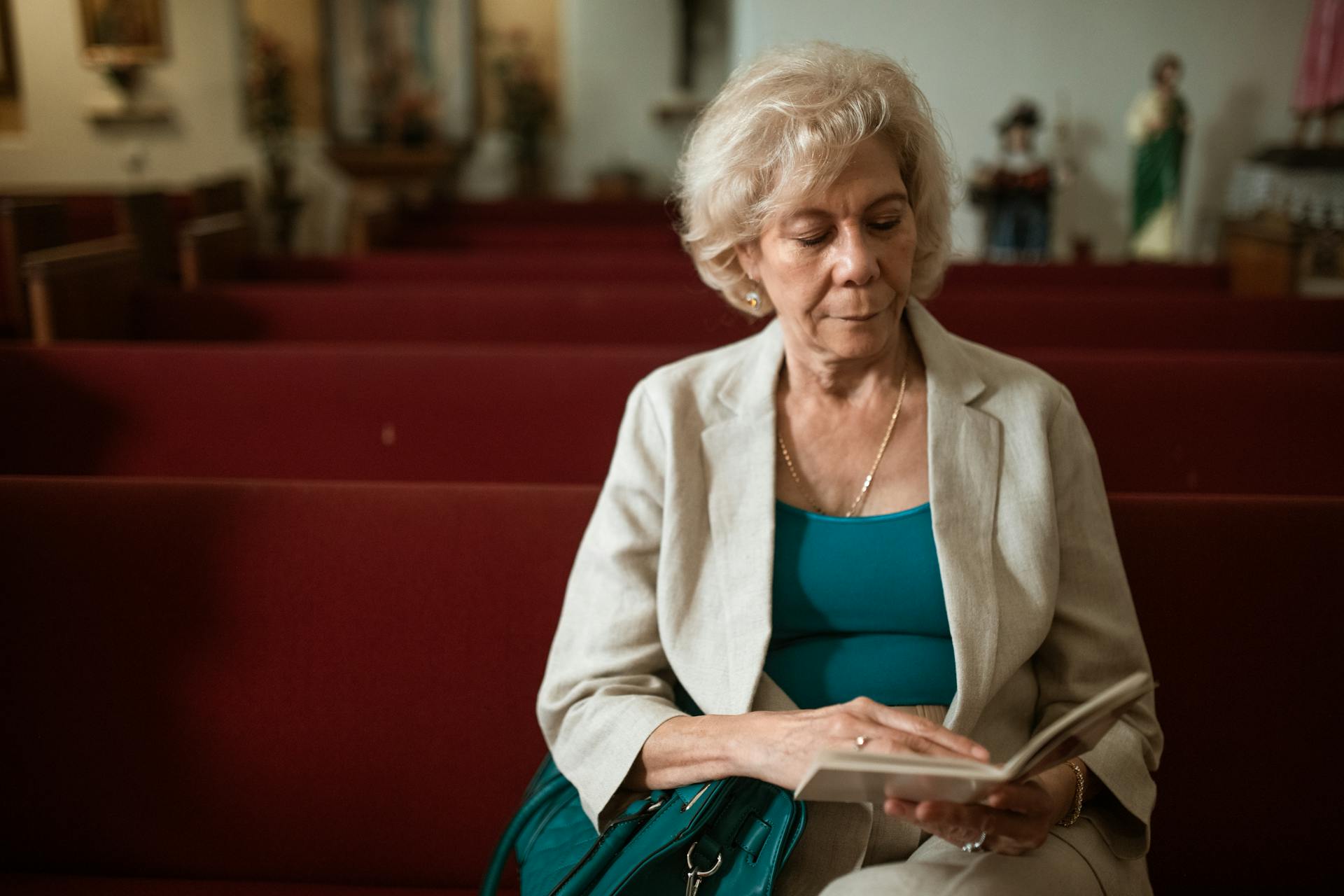
For many couples, faith communities become the center of their shared life—Sunday services, small groups, and familiar faces offering comfort and belonging. But when one partner passes away, that same community can suddenly feel foreign and hollow. Songs once sung together echo differently, and pews once shared now sit half-empty. Faith doesn’t always fade, but its expression and meaning shift profoundly. The spiritual journey after loss becomes one of rediscovery, solitude, and renewed purpose.
Familiar Places Feel Unfamiliar
Returning to church or synagogue alone often triggers waves of grief. The rituals that once brought joy now highlight absence—shared hymns, exchanged glances, and traditions built together. Some widows and widowers find comfort in routine; others struggle with reminders that reopen wounds. Community members may not know how to approach or what to say, deepening isolation. Reengaging requires patience and gentle self-permission to experience faith differently.
Faith Questions Emerge After Loss
Even devout believers wrestle with spiritual doubts after losing a spouse. Why them? Why now? Grief challenges long-held beliefs about fairness, destiny, and divine purpose. Some find deeper trust in surrender, while others need distance to process anger or confusion. Honest reflection and compassionate clergy support help transform questioning into growth.
Community Roles Often Shift
Couples often serve together—singing in choirs, leading ministries, and hosting small groups. After loss, roles once shared may feel overwhelming alone. Some step back temporarily; others find new callings suited to their changed season. Reimagining service allows faith to evolve rather than end. Spiritual identity isn’t erased—it’s rewritten.
New Relationships Change Spiritual Habits
Grief may open space for friendships, mentorships, or even second marriages—but these new bonds bring new dynamics. Worship preferences, denominations, or traditions may shift with new companionship. Blending spiritual paths can feel both healing and disorienting. The key is embracing flexibility—faith can adapt as love does.
The Loneliness of Sunday Morning
Sundays can be the hardest day of the week for the newly widowed. Where couples once dressed, drove, and worshipped together, solitude now marks each step. Some skip services entirely for a time; others find solace in quiet reflection or online communities. Recognizing that attendance can ebb and flow helps relieve guilt. Healing faith isn’t linear—it’s deeply personal.
Music and Memory
Choirs, hymns, and worship songs often carry emotional weight. A single melody can summon decades of shared worship. Some find comfort in singing again, feeling their spouse’s presence in harmony. Others seek new musical settings to build fresh associations. Music becomes both a bridge to the past and a tool for new meaning.
Spiritual Friendships Become Lifelines
Trusted faith friends—pastors, small group members, or longtime peers—play vital roles in healing. Sharing stories, praying together, and receiving steady presence rebuilds community connection. For many, companionship replaces the partnership they’ve lost in worship settings. Faith grows again through people who walk beside rather than behind.
Finding Purpose in Ministry After Loss
Many widows and widowers channel grief into service—supporting bereavement groups, volunteering, or mentoring others through loss. Turning pain into purpose transforms isolation into outreach. Service reawakens joy and renews spiritual energy. Faith, once shared, becomes a personal mission fueled by gratitude and memory.
Rebuilding Faith on New Terms
Spiritual life after loss is neither weaker nor lesser—it’s different. It becomes quieter, deeper, and more reflective. Where once faith meant partnership, now it becomes companionship with the divine. Allowing space for sadness, doubt, and rediscovery honors both love and belief. Grief becomes a teacher, not an ending.
Have you found your faith changing after losing a loved one—or discovered new ways to worship alone? Share your journey below.
You May Also Like…
- Love Later in Life: Boundaries Widows and Widowers Wish They Knew Sooner
- You Might Be Eligible for a Benefit Few Widows Ever Learn About
- 7 Widowhood Money Moves for the First 90 Days
- You Might Be Owed More Than You Think: The Widow Benefit Loophole No One Talks About
- Why Are Widowers Being Targeted More Than Widows Online?







